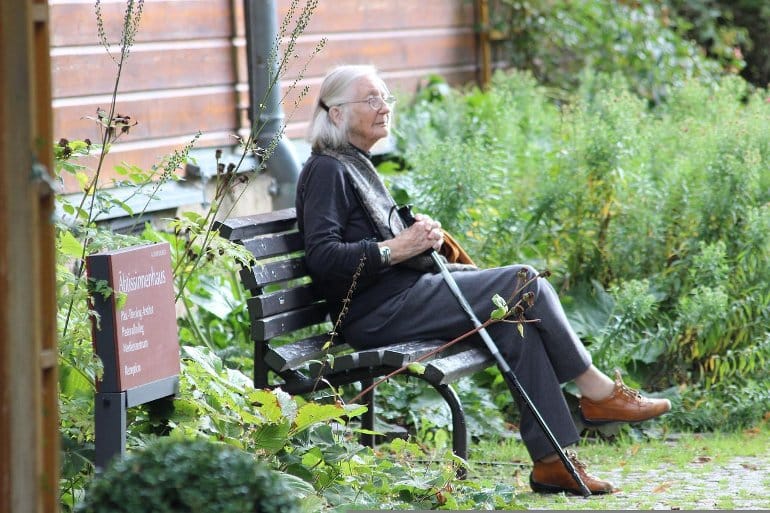
Fecal transplants reverse the hallmarks of aging in mouse
Scientists at the Quadram Institute and the University of East Anglia have provided evidence from mouse research that fecal microbiota transplantation from young to old mice can reverse the hallmarks of aging in humans. intestine, eyes and brain.
In the reverse experiment, microbes from old mice induced inflammation in the brains of young receptors and depleted a key protein needed for normal vision.
These findings show that intestinal microbes play a role in regulating some of the harmful effects of aging and open up the possibility of intestinal microbial-based therapies to combat the decline in later life.
Professor Simon Carding, of UEA’s Norwich School of Medicine and head of the Quadram Institute’s Intestinal Microbial and Health Research Program, said: “This groundbreaking study provides tempting evidence of the direct involvement of intestinal microbes in “aging and functional decline of the brain. function and vision and offers a potential solution in the form of intestinal microbe replacement therapy.”
It has long been known that the population of microbes we carry in our gut, collectively called the gut microbiota, is related to health. Most diseases are associated with changes in the types and behavior of bacteria, viruses, fungi, and other microbes in an individual’s gut.
Some of these changes in the composition of the microbiota occur as we age, adversely affecting metabolism and immunity, and this has been associated with age-related disorders, such as inflammatory bowel disease, along with cardiovascular disorders. , autoimmune, metabolic and neurodegenerative.
To better understand the effects of these changes on the microbiota in old age, scientists at the Quadram Institute transferred the gut microbes from old mice to healthy young mice, and vice versa. They then looked at how this affected the inflammatory hallmarks of aging in the gut, brain, and eye, which suffer from declining function in later life.
The study, published in the journal Microbiome, found that the microbiota of old donors caused the loss of integrity of the lining of the intestine, allowing bacterial products to pass into the circulation, leading to the activation of the immune system and inflammation in the brain and eyes.
Chronic age-related inflammation, known as inflammation, has been associated with the activation of specific immune cells found in the brain. These cells were also overactivated in young mice that received old microbiome transplants.
In the eye, the team also found that specific proteins associated with retinal degeneration were elevated in young mice receiving microbiota from older donors.
In older mice, these harmful changes in the gut, eye, and brain could be reversed by transplanting the gut microbiota of young mice.
In ongoing studies, the team is working to understand how long these positive effects can last and to identify the beneficial components of the young donor’s microbiota and how they affect organs far from the gut.
The microbiota of young mice and old mice that received young microbiota transplants were enriched with beneficial bacteria that had previously been associated with good health in both mice and humans.
In the reverse experiment, microbes from old mice induced inflammation in the brains of young receptors and depleted a key protein needed for normal vision. The image is in the public domain
Researchers have also analyzed the products that these bacteria produce by breaking down elements in our diet. This has revealed significant changes in the metabolism of lipids (fats) and vitamins, which may be related to the changes observed in the inflammatory cells of the eye and brain.
Similar pathways exist in humans, and the human gut microbiota also changes significantly in later life, but researchers warn about extrapolating their results directly to humans until similar studies can be performed in large humans.
A new facility for microbiota replacement therapy (MRT), also known as a fecal microbiota transplant (FMT) at the Quadram Institute, is being built to facilitate these trials, as well as other trials for related conditions. with the microbiota.
The study’s lead author, Dr. Aimee Parker of the Quadram Institute, said: “Our findings provide further evidence of important links between gut microbes and healthy aging of body tissues and organs. We hope that our findings will ultimately help us understand how we can manipulate our diet and our bacteria. intestines to maximize good health in later life “.

Comments are closed.